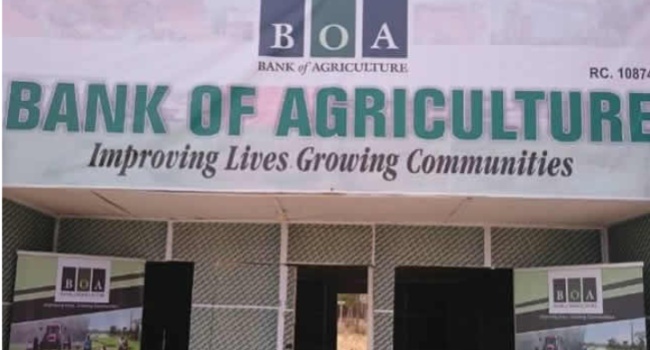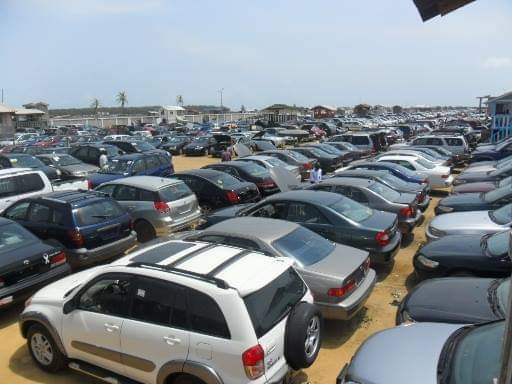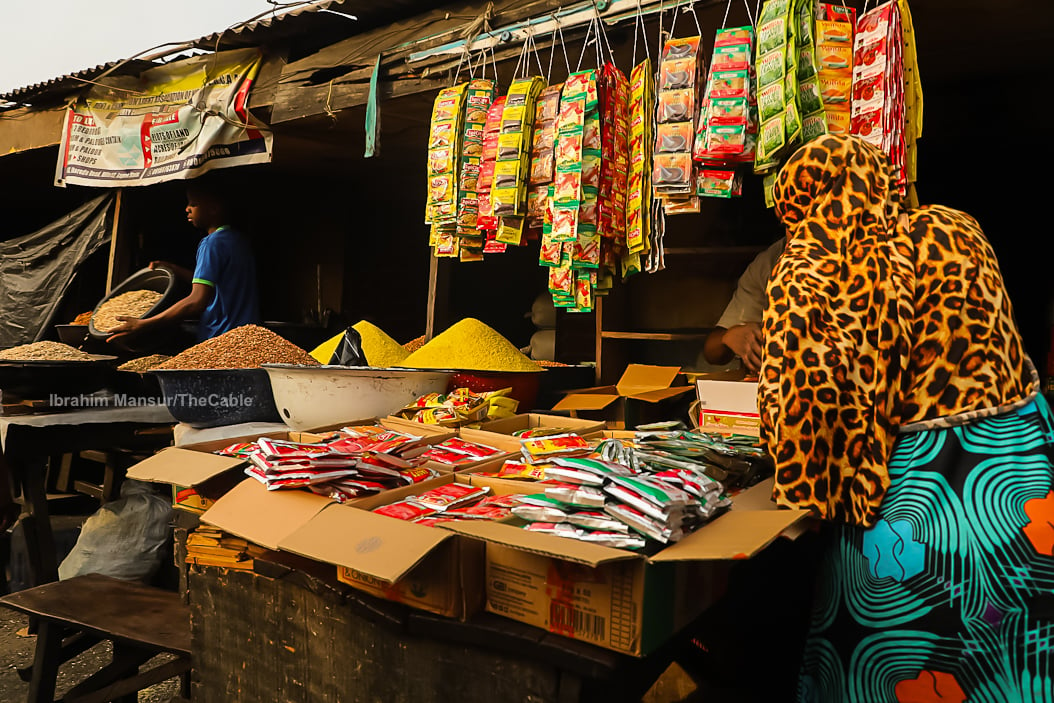The federal government says the recapitalisation of the Bank of Agriculture (BOA) will be finalised by the end of the first quarter (Q1) of 2025.
Abubakar Kyari, minister of agriculture and food security, spoke on Tuesday while briefing state house correspondents in Abuja.
He said the initiative would enhance funding for smallholder farmers, addressing longstanding challenges in accessing financial support for commercial agriculture.
Also, Kyari said the recapitalisation is crucial for combating food inflation, which currently stands at approximately 34 percent.
Advertisement
The national council of privertisation (NCP), chaired by Vice-President Kashim Shettima, had in 2024, inaugurated a committee, headed by Wale Edun, minister of finance and coordinating minister of the economy, to work out modalities for the resuscitation of the bank.
Kyari said the move is part of the government’s response to the escalating food insecurity as part of strategic interventions aimed at mitigating the crisis.
He said the recapitalisation is expected to provide farmers with the necessary financing to expand their operations, noting that loans from conventional commercial banks have been inadequate in recent times.
Advertisement
“Something that I also missed out is the reorganisation and recapitalisation of the Bank of Agriculture. It’s in the process, and very soon, within the first quarter of this year, you will see a report outlining the reorganisation and the recapitalisation of the Bank of Agriculture,” Kyari said.
“Bank of Agriculture has branches in all 109 senatorial districts and can reach out quickly to those farmers. What we are saying is that you need to support smallholder farmers who lack capital.
“So we have written to some banks. We are also reorganising the Bank of Agriculture to support what the government is doing in the sense of public financing in the budgets and what have you.”
The minister explained that these initiatives are backed by commercial banks, development partners, and public financing channels, all working collectively to enhance agricultural projects across the country.
Advertisement
He highlighted successful partnerships with the Rome-based International Fund for Agricultural Development (IFAD), a United Nations agency.
“In 2024, the positive outcomes of IFAD-funded projects—such as the Livelihood Improvement of Family Enterprise for the Niger Delta—led to an additional grant of $32 million, along with an extension of the project’s timeline,“ he added.
Also, Kyari commended the success of the 2024 farming season, during which farmers recorded high yields across the country.
He attributed the success to favourable weather conditions, efficient government policies, and enhanced security in previously inaccessible farming regions.
Advertisement
The minister said the government is working to bring down the nation’s food commodity prices, which is why new policies have been adopted to make farming easier.
“The 2024 farming season was very successful, with farmers across the country recording high yields,” he said.
Advertisement
“The government is working to sustain this progress by supporting wheat farming in highland areas like Taraba State and providing modern farming tools to farmers.”
FG TO LEVERAGE TECHNOLOGIES TO INCREASE FOOD PRODUCTION
Advertisement
Kyari revealed plans to leverage advanced technologies, including drones, to increase food production in 2025.
He said the government has begun receiving 2,000 tractors ordered from Belarus, with 255 already delivered.
Advertisement
“We have started taking delivery of the 2000 tractors we ordered from Belarus which will be distributed to farmers, the government will also be focusing on increasing tomato farming in the South-East and South-West, with harvests expected by May,” the minister said.
“For the dry season, we are planning to cultivate at least 400,000 more hectares of farmland and fertilizer supplies are being improved to help farmers boost their output.
“The government is committed to supporting farmers with the resources they need to produce more food and reduce the cost of living.”
To address post-harvest losses, the minister said the government is investing in cold storage facilities and improving logistics.
He stressed that the measures, coupled with enhanced security, will strengthen Nigeria’s agricultural sector and reduce the cost of living for citizens.
Kyari noted that much of the agricultural progress seen in 2024 was due to the reopening of farmlands in areas previously affected by instability.
Add a comment







